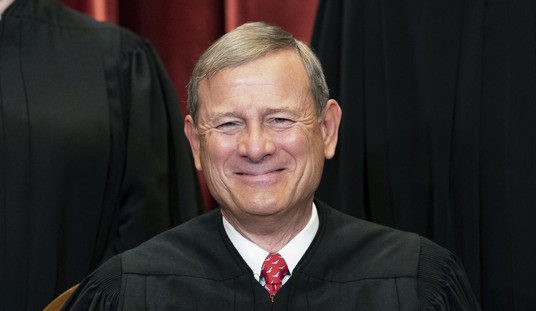Anyone in the business of making predictions about American politics these days shouldn’t be.
But an examination of some current data and observations as of today can at least provide a general sense of direction for the 2020 presidential election in just 35 weeks and the prospects for President Donald Trump’s reelection.
Historically, they are good. Most presidents seeking reelection win. In the modern era, only two elected presidents were denied a second term — Jimmy Carter and George H.W. Bush.
A major hurdle for both of them was a troubled economy. Remember, “It’s the economy, stupid”?
Trump does not have that problem — at the moment. After eight years of stagnation under the previous president, the number of employed Americans is at an historic high.
Unemployment hasn’t been this low in a half-century. Among sectors of chronically high joblessness, like African Americans, the rate is now at an historic low. Democrats may not get around to mentioning that. But the president does at every one of his numerous rallies.
He also makes time to attribute much of this success to his administration’s tax cuts and slashing of expansion-inhibiting regulations.
The markets have set record after record, until recent days. And therein lies the danger. There are no guarantees that such strong markets and prosperity will continue to prevail throughout the 6,000 hours between now and Nov. 3. They took a hit Thursday.
The primary threat now is the coronavirus and its far-reaching economic implications, which have spooked global markets in recent days. The spread of the virus — along with the sometimes even worse anticipated fear of the virus’ spread — threaten China’s economy and its important supply chains fueling many economies, especially the United States.
Even if a vaccine could be rapidly developed, which it can’t, it could not achieve any health impacts before 2021, not in time for the election.
Already, leading Trump opponents seek to blame him for not taking a pandemic’s threat seriously. On Wednesday, he appointed Vice President Mike Pence to oversee and coordinate the federal government’s efforts to combat the spread.
Perhaps most important though, in all these indicators is a new poll by the folks at Gallup. They found that as of this month a whopping 86 percent of Americans are satisfied with the way things are going in their personal lives. That is not an atmosphere or prescription for revolution.
Now, within that poll, personal satisfaction has plummeted 17 points since 2017 among young adults. They form, not by coincidence, a significant part of the political base supporting Bernie Sanders’ call for revolution — and his nomination to lead Democrats.
Trump’s outlook will, of course, depend in part on who Democrats select as their standard-bearer, his or her campaign organization and abilities and the financial resources assembled to combat the Trump campaign’s full treasure chest.
Yes, polls are mere snapshots of a moment in time. And this snapshot could change by fall. But there is a convincing pattern to such preceding moments in time. Reported personal satisfaction dropped in 1979 when Carter was unsuccessfully seeking reelection and in 1992 when Bush I was failing at the same.
In the last 40 years, Americans reported their highest satisfaction rates of 88 and 87 percent with their personal lives in 1988, when Bush was elected to succeed Ronald Reagan, in 2004 when George W. Bush won reelection and in 2017 when Trump took office. All three were Republicans.
But perhaps those are just coincidental.








Join the conversation as a VIP Member